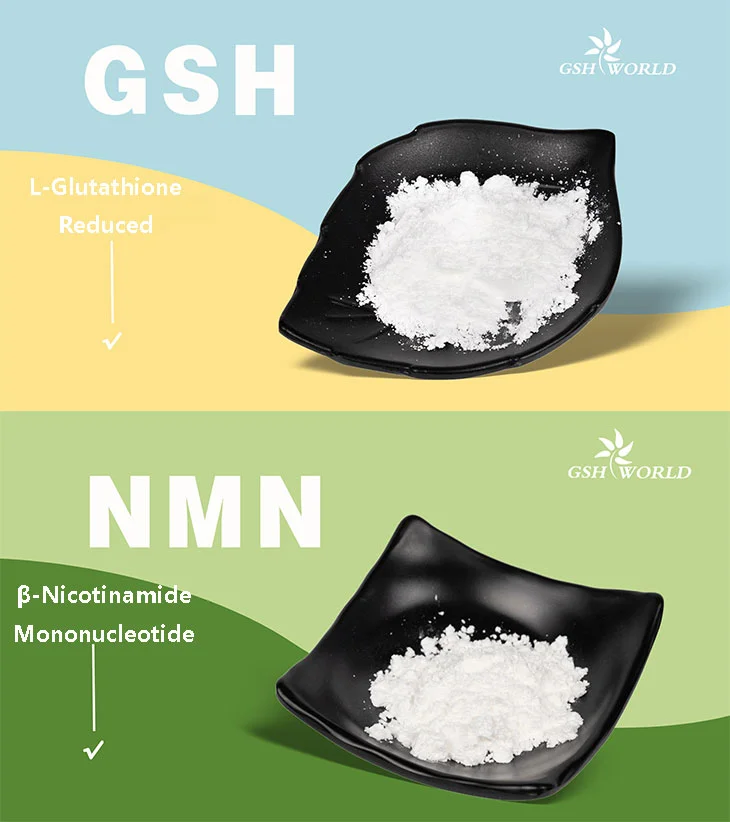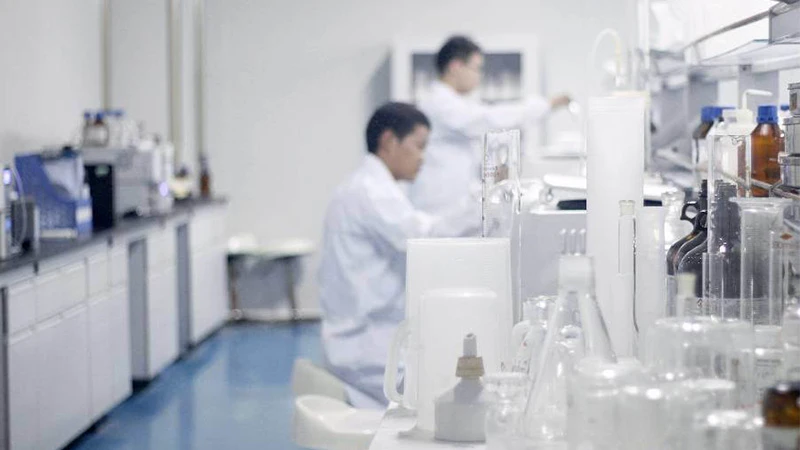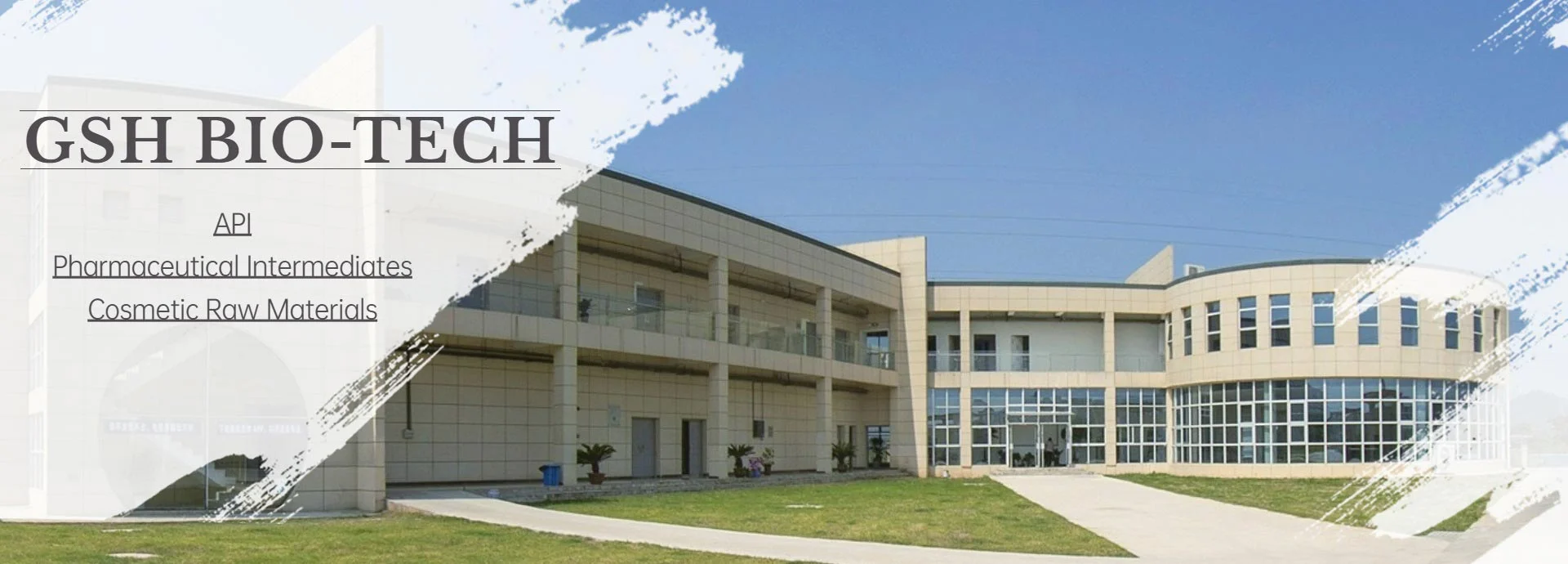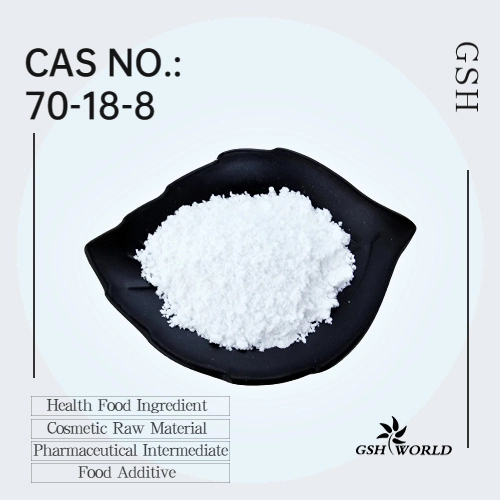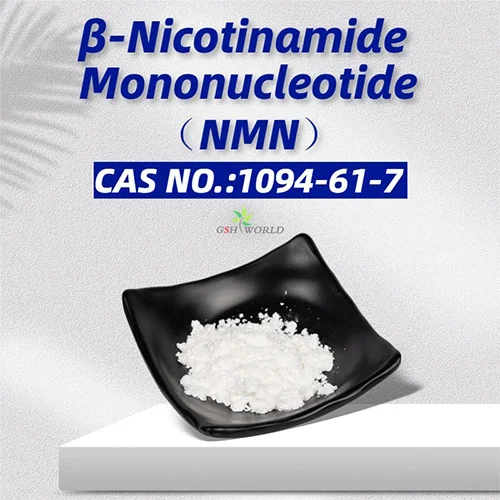NMN Improves Diabetes-Induced Male Infertility, New Study Suggests
According to the International Diabetes Foundation, about 10% of the global population will have type II diabetes by the year 2045. Males with diabetes often experience diminished libido, erectile dysfunction, and sperm abnormalities, rendering them infertile. Although diabetes medications like pioglitazone and metformin have shown some promise for restoring sperm function, more effective medicines and possible adjuvant therapies are needed to restore diabetic male fertility.
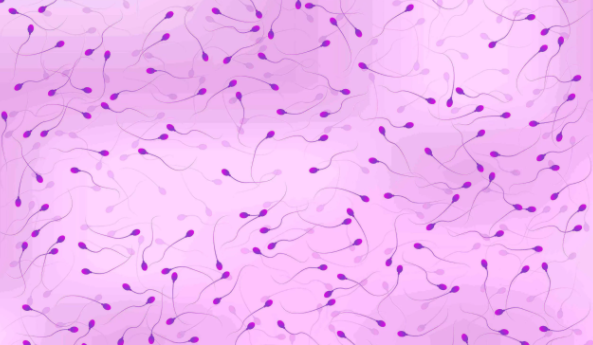
Published in Acta Biochimica et Biophysica Sinica, Liao and colleagues from the University of South China show that treating diabetic male mice with Nicotinamide Mononucleotide (NMN) improves testes structure and function and increases the abundance of viable sperm. Furthermore, the China-based research team demonstrates that NMN restores the size of tubes within testes where sperm creation occurs and that crucial enzymes for utilizing glucose as energy have increased quantities to improve testicular health. These findings suggest that NMN may revers e male infertility triggered by diabetes.
NMN revers es Diabetes-Induced Testicular Dysfunction
Liao and colleagues treated mice with a chemotherapeutic agent called streptozotocin which is toxic to pancreatic cells and known to induce type II diabetes in mice. Their diabetes mouse model displayed a dramatically reduced sperm count and a much greater proportion of abnormal sperm. NMN treatment revers ed the reduced sperm count and abnormal sperm abundance in diabetic mice.
To examine NMN’s ability to restore the structure of the testes in diabetes, Liao and colleagues examined the size of tubes called seminiferous tubules in the testes where sperm precursor cells (spermatozoa) are generated. The type II diabetes mice displayed marked reductions in seminiferous tubule area and diameter compared to mice without diabetes, yet NMN restored these defects. Because structural integrity confers functional capacity, these findings suggest that NMN may revers e diabetes-induced male infertility.
Since type II diabetes is associated with the impaired breakdown of the sugar glucose for cell energy in a process called glycolysis, Liao and colleagues examined the abundance of crucial glycolytic enzymes in the testes. Although enzyme levels were drastically reduced in the testes of diabetic mice, NMN restored their abundance. These results indicate that NMN restores glucose utilization in the testes of diabetic mice, which could provide the cellular energy needed for sperm generation, potentially reversing infertility.
Reversing Diabetes-Induced Male Infertility
Anti-diabetes medications like pioglitazone and metformin restore glycolysis in testes to potentially restore fertility in male diabetes patients. The findings from Liao and colleagues indicate that NMN may provide another means to restore male fertility. Future studies should examine how pioglitazone, metformin, and NMN compare to restore fertility in diabetic males. Eating healthier and exercising also provide ways to counter diabetes’ effects and may restore male fertility. At any rate, the possibility that NMN restores diabetic male fertility means that diabetic patients of reproductive age may soon have the option to have children.
*Special note - This article is for informational purposes only and cannot replace a doctor's treatment diagnosis and advice. It should not be regarded as a recommendation or proof of efficacy of the medical products involved. If it involves disease diagnosis, treatment, and rehabilitation, please be sure to go to a professional medical institution to seek professional advice.
PREVIOUS: Shanghai Scientists Show NMN Amends Age-Related Eye Degeneration by Reducing Senescent Cells
NEXT: NMN Prevents Kidney Damage and Restores Kidney Function, Japanese Study Indicates
by GSHWORLD
GSHWORLD is China Biological API Manufacturer. China NMN Supplements powder suppliers & best NMN benefits raw material Factory.


